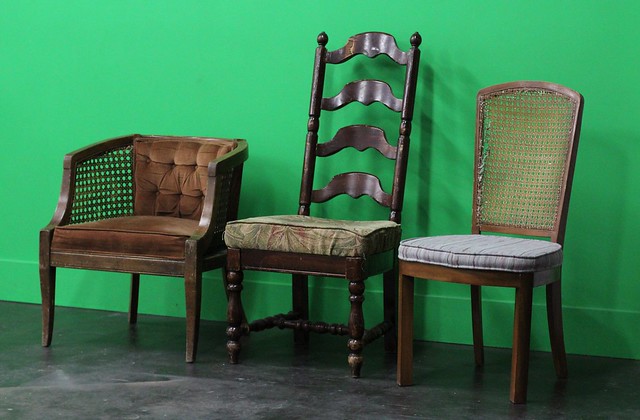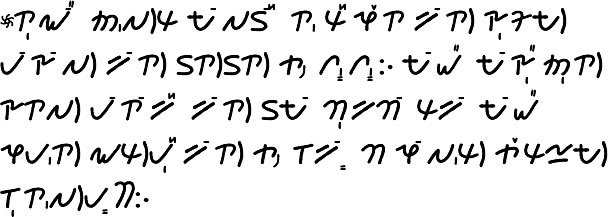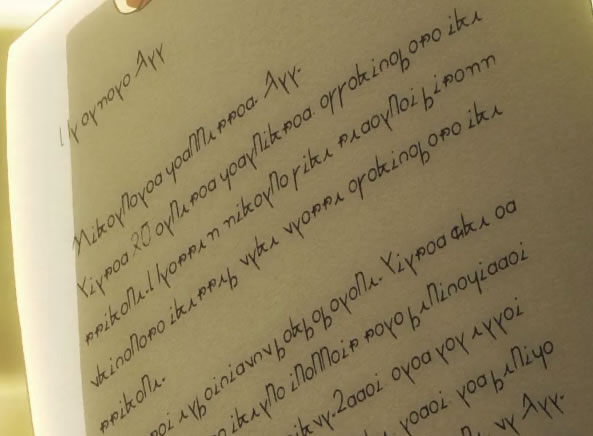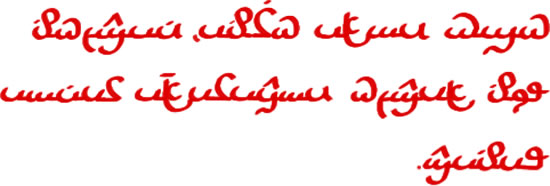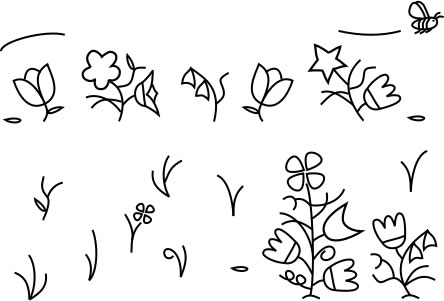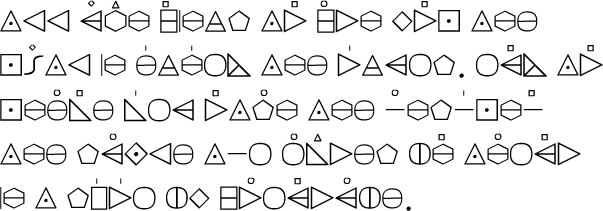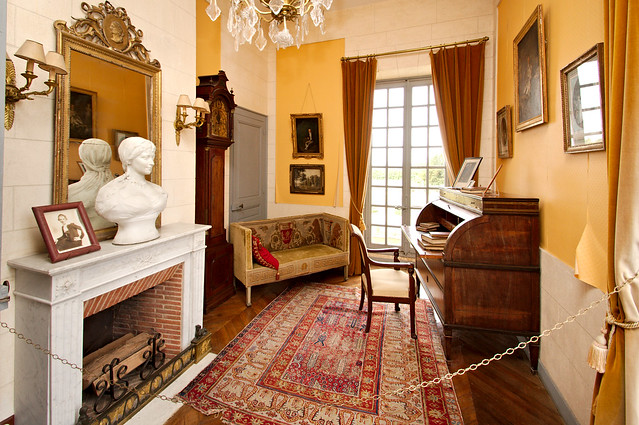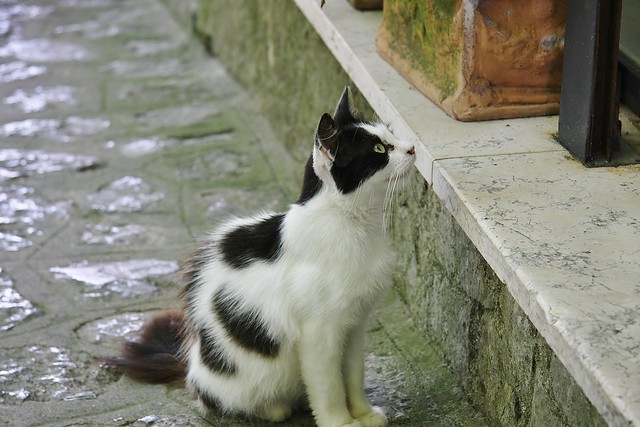Podcast: Play in new window | Download
In this Adventure we look into the origins of the word fire.
Fire [ˈfaɪ.ə/ˈfaɪ.əɹ] is:
- A (usually self-sustaining) chemical reaction involving the bonding of oxygen with carbon or other fuel, with the production of heat and the presence of flame or smouldering.
- An instance of this chemical reaction, especially when intentionally created and maintained in a specific location to a useful end (such as a campfire or a hearth fire)
It comes from Middle English fyr [fiːr] (fire), from Old English fȳr [fyːr] (fire), from Proto-West-Germanic *fuir (fire), from Proto-Germanic *fōr [ˈɸɔːr] (fire), from PIE *péh₂wr̥ (fire, spelt [grain]) [source].
Words from the same roots include furze, purge, pyre and pyromania in English, vuur [vyːr] (fire, heater) in Dutch, fyr [fyːr] (lighthouse, fire) in Swedish, and fyr [fyɐ̯ˀ] (lighthouse, radio beacon, boiler, fire, light) in Danish [source]
There are in fact two PIE words for fire *péh₂wr̥ (fire as something inanimate, passive and neuter), and *h₁n̥gʷnis (fire as something animate, active and masculine). The latter is the root of English words like ignite (to set fire to), igneous (resembling fire, produced by great heat, e.g. igneous rocks), and ignipotent (presiding over fire, fiery – poetic) [source].
I also write about words, etymology and other language-related topics on the Omniglot Blog, and I explore etymological connections between Celtic languages on the Celtiadur.
You can also listen to this podcast on: Apple Podcasts, Amazon Music, Stitcher, TuneIn, Podchaser, PlayerFM or podtail.
If you would like to support this podcast, you can make a donation via PayPal or Patreon, or contribute to Omniglot in other ways.
Radio Omniglot podcasts are brought to you in association with Blubrry Podcast Hosting, a great place to host your podcasts. Get your first month free with the promo code omniglot.





